
The People of Arunachal Pradesh
Blessed
with lush landscapes and surreal surroundings, Arunachal Pradesh is not only a
hotspot for tourism but a treasure trove of deep-rooted cultural heritages that
belong to the 26 major tribes and several other sub-tribes of the region. Every
tribe in Arunachal adhere to a unique set of traditions and customs. Broadly
speaking, these tribal groups can be divided into three major groups according
to the cultural practices they follow –
-
Followers of Buddhism
-
Followers of Donyi Poloism
-
Practitioners of an elementary form of Vaishnavism.
The
Monpas and Sherdukpens of Tawang and West Kameng districts follow the lamaistic
traditions of Mahayana Bhuddism. The villages of these communities have
decorated Buddhist temples, which are known as Gompas.
There are other communities as well who follow Buddhism,
but their practices slightly vary from that of the Monpas and Sherdukpens. The
Khamptis and Singpos are Hinayana Buddhists who live in the state's eastern
regions and are deemed to have migrated from Thailand and Burma. These
communities still use their ancient scripts that were derived from their
original homeland.
The second group comprises the Noctes and Wangchos inhabiting
the districts of Tirap, Changlang and
Longding. The villages for these communities are still controlled by the Chief
and all other people strictly follow them. Between
the two, Noctes are popularly known as salt producers, which used to be their primary
occupation during the era of barter system. Similarly, the customary
headhunting ways of the Wangchos in the past made them well known as headhunters
today. The Wangcho women are also known to be excellent weavers, as well
as experts in wood crafts.
The
third group comprises a very large number of tribes, which includes the Adis,
Akas, Apatanis, Nyishis, Mishmis, Mijis, Tangsas, Galo, Tagins, Hill Miris and many more. Collectively, they are known for
their common ideological beliefs. They are the worshippers of the Sun and the
Moon, which is called as Donyi Polo. They consider themselves to be the descendants
of Abo Tani, the original ancestor of these tribes. The religious rituals practiced
by this sub-group mainly coincide with the phases of agricultural cycles. These
communities maintain a highly-organized system of functioning in their
villages. Every issue or matter concerning the community or an individual is
resolved at the village level. Their traditional village panchayats are
governed by a group of people, consisting of mostly elderly people, who pass
judgement on all issues that are brought to the panchayat.
The best way to experience the indigenous cultures and heritages
of the locals here is through their various festivals. The vibrant cultures of
the different tribes of Arunachal are beautifully displayed during the festivities
– from witnessing their ritual practices to their melodious dances and songs.
Here, the locals will invite you in to join them in their celebration and offer
you an incredible opportunity to feast on their local delicacies.
It is interesting to note that besides the fast-moving
modernization of societies across the globe, the indigenous people of Arunachal
Pradesh have been able to hold on to their cultural and traditional identities.
The state of Arunachal Pradesh is definitely on its path to greater
developments. However, it is anticipated that the locals of the land will put
equal efforts in retaining their ethnic roots while moving ahead with times. After
all, the true beauty of Arunachal lies with its people and their culture.
Disclaimer: The opinions expressed in this article are those of the author's. They do not purport to reflect the opinions or views of The Critical Script or its editor.

Newsletter!!!
Subscribe to our weekly Newsletter and stay tuned.



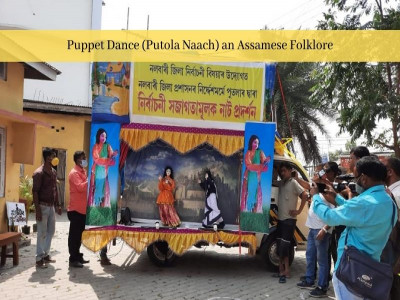
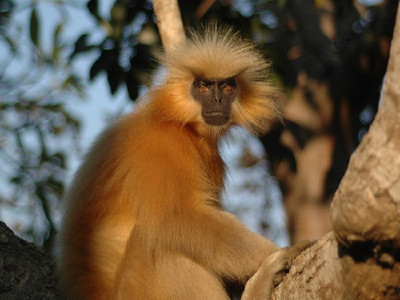
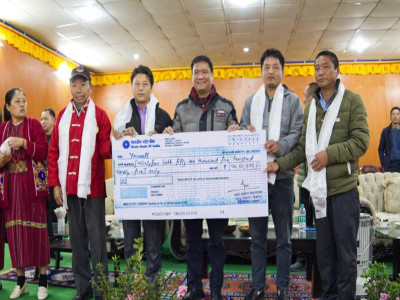
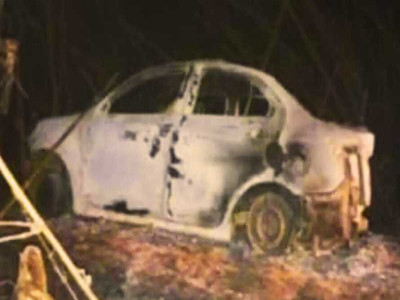
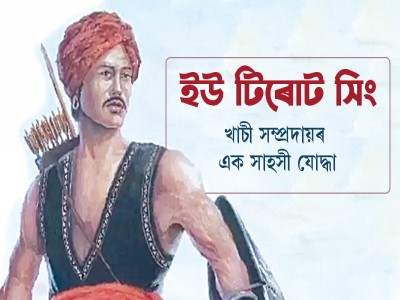









Related Comments